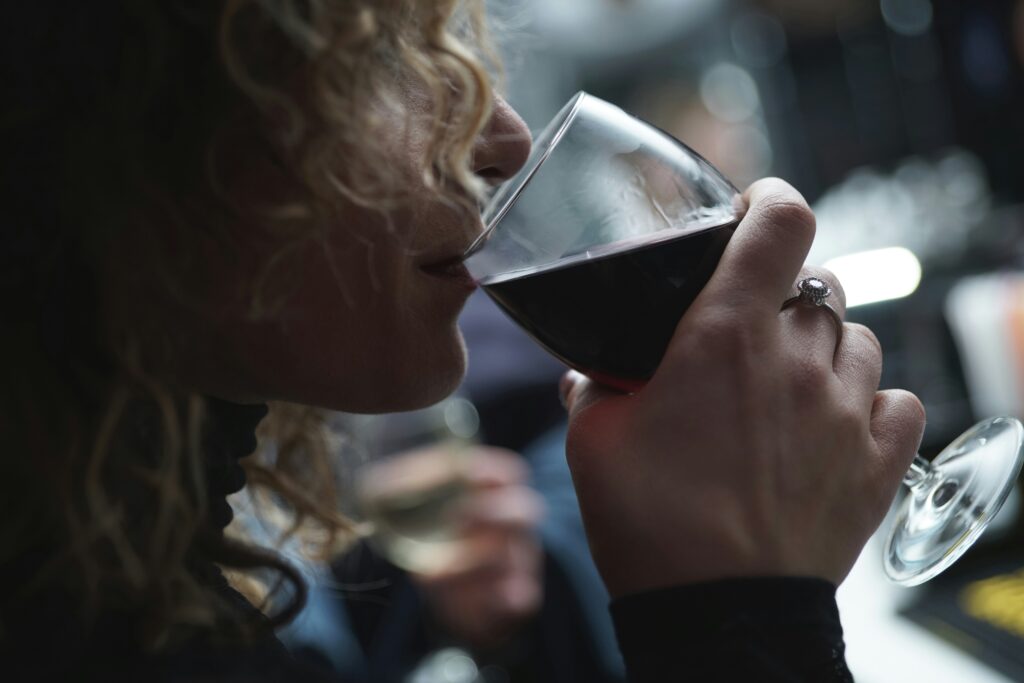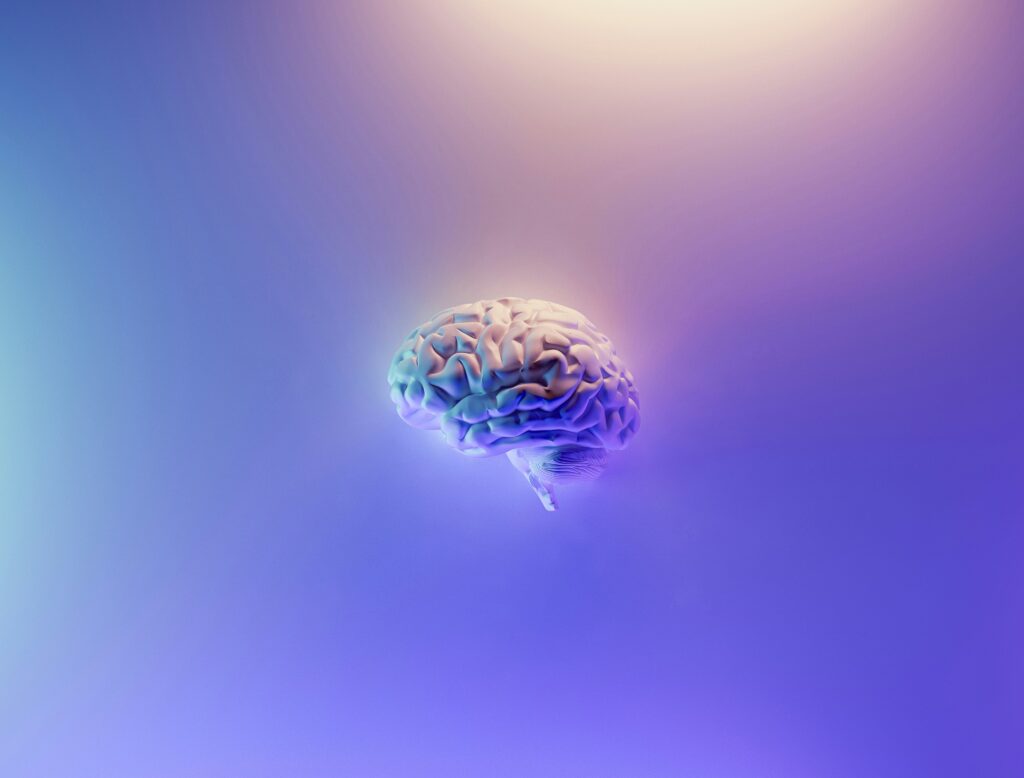Menopause and Alcohol: A risky cocktail?
Menopause – it’s a wild ride, isn’t it? One minute, you’re feeling fine, and the next, you’re battling hot flushes, mood swings, and sleepless nights. It’s no wonder so many of us reach for a glass of wine (or two) to take the edge off. But have you ever stopped to consider just how much alcohol and menopause can be a dangerous mix?
We all know that alcohol affects our bodies and our lives, but when it comes to menopause, the impact can be even more profound. Researchers are still trying to unravel all the complexities of how menopause influences alcohol consumption and vice versa. What they do agree on, however, is that managing our drinking habits can become significantly more challenging during this phase of life.
Why Are women more vulnerable to alcohol’s effects?
First things first, let’s talk about biology. Women are naturally more vulnerable to the harmful effects of alcohol than men. This means that we’re more likely to develop alcohol-related health issues earlier in life. And when you throw menopause into the mix, things can get even trickier.
The stress, anxiety, and mood swings that come with menopause can sometimes trigger an increase in alcohol consumption. Many women find themselves reaching for a drink to unwind, to cope with restless nights, or simply to take the sting out of feeling irritable or overwhelmed. The problem? Alcohol can make these very symptoms worse, creating a vicious cycle that’s hard to break.
Alcohol and Menopause: A Perfect Storm?
Let’s break down the ways alcohol can make menopause even more challenging:
- Hot flushes and night sweats
Think that evening glass of wine will help you relax? Think again. Alcohol, particularly red wine, can cause a spike in body temperature, making night sweats and hot flushes even more intense. If you’ve been waking up drenched in sweat, your drinking habits might be playing a role.
- Bone health and osteoporosis
Menopause already puts us at a higher risk for osteoporosis due to declining oestrogen levels. Add alcohol into the mix, and the risk skyrockets. Heavy drinking accelerates bone loss, increasing the likelihood of fractures and falls. Not exactly what we want when we’re already feeling a little more fragile than usual!
- Mood swings and mental health
Menopause can bring a rollercoaster of emotions, from anxiety to depression to bursts of unexplained anger. Alcohol is a depressant, which means it can worsen these mood swings over time. While it may provide temporary relief, in the long run, it disrupts brain chemistry and can leave you feeling even lower.
- Sleep disruptions and insomnia
If there’s one thing most menopausal women crave, it’s a solid night’s sleep. Alcohol might help you nod off faster, but it disrupts your sleep cycle, leading to poor-quality rest. Waking up groggy and unrested? Your evening drink could be to blame.
- Heart health and weight gain
During menopause, our risk of heart disease and stroke increases. Alcohol exacerbates this risk by raising blood pressure and contributing to weight gain. Plus, alcohol is packed with sugar, and as oestrogen levels drop, we become more prone to insulin resistance. This can lead to sugar cravings, fatigue, and extra pounds creeping on around the middle.
So, what’s the solution?
We’re not here to tell you to never drink again. But being mindful of how alcohol affects your body during menopause can help you make more informed choices. Here are some simple strategies to help you cut back without feeling deprived:
- Try alcohol-free alternatives – There are some fantastic alcohol-free wines, beers, and mocktails available that give you the same sense of indulgence without the downsides.
- Practise mindful drinking – Instead of reaching for a drink out of habit, ask yourself whether you truly want it or if it’s just a coping mechanism.
- Find other ways to unwind – A warm bath, yoga, a good book, or meditation can work wonders for stress relief.
- Stay hydrated – Often, we mistake thirst for cravings. Drinking plenty of water throughout the day can help reduce the desire for alcohol.
- Seek support if needed – If you find it difficult to cut back, don’t be afraid to reach out for help. You’re not alone, and support is out there.
Final Thoughts
Menopause is already a time of immense change, and adding excessive alcohol into the mix can make it even harder. While a drink now and then is fine, being mindful of how alcohol affects your body and mind during this stage of life is key. Prioritising your health, finding new ways to relax, and making small but impactful lifestyle changes can help you navigate menopause with greater ease – and without the nasty side effects of excessive drinking.
So, next time you reach for that glass of wine, take a moment to check in with yourself. Is it really what you need? If the answer is yes, then enjoy it mindfully. But if it’s just a reflex, maybe a warm cup of tea and a good chat with a friend will do the trick instead.
Menopause is challenging enough – let’s not make it harder than it needs to be!
If you’re struggling with alcohol during menopause and want to explore healthier coping strategies, I’m here to help. Get in touch today to discuss how therapy could support you on this journey.


